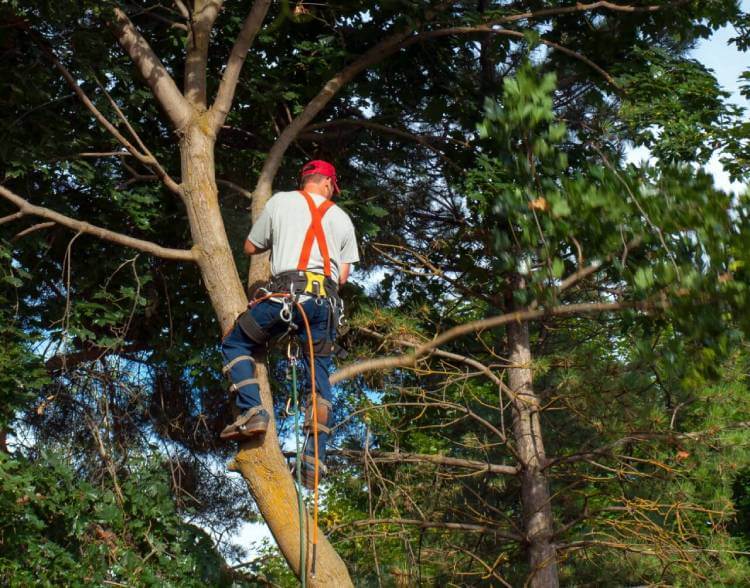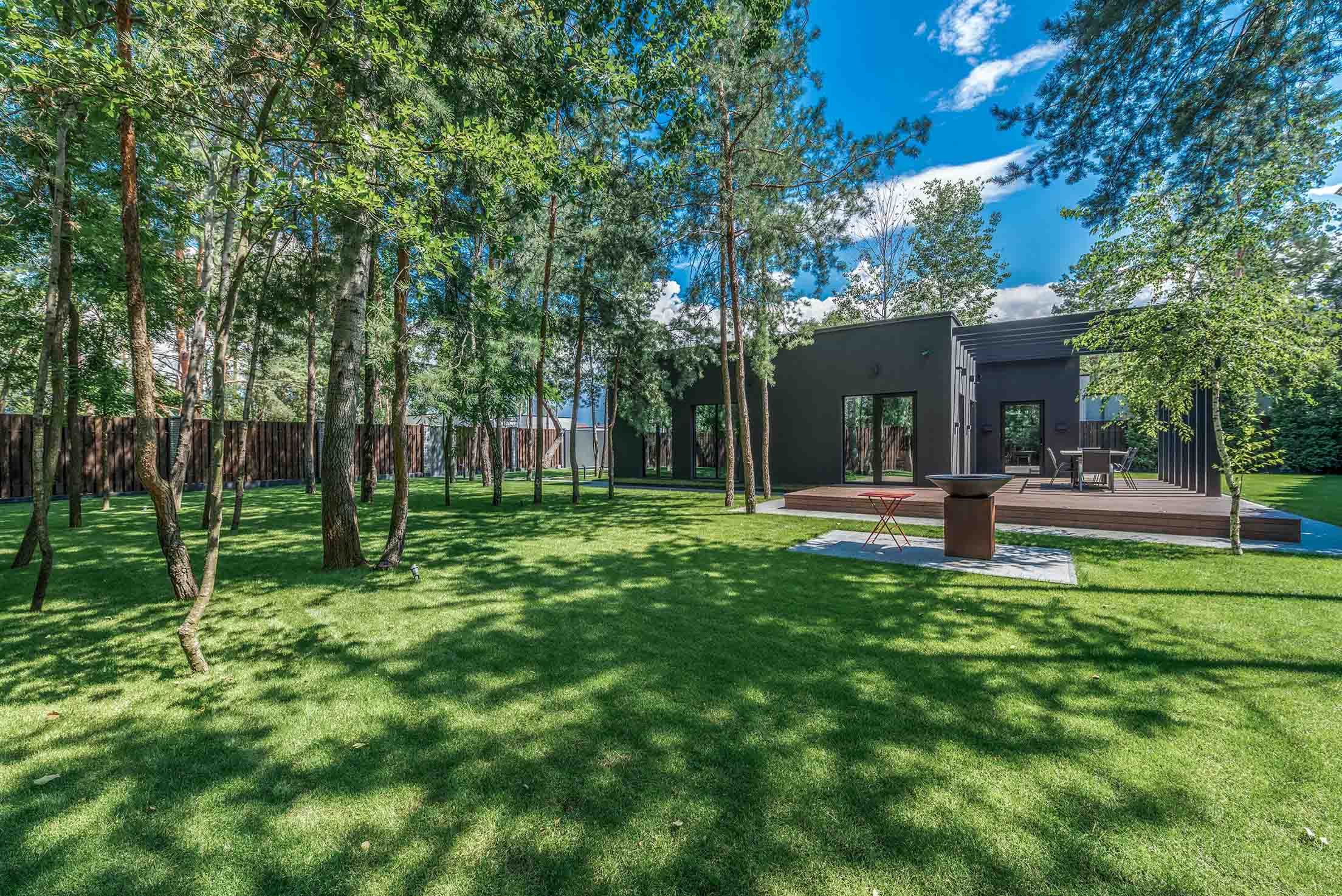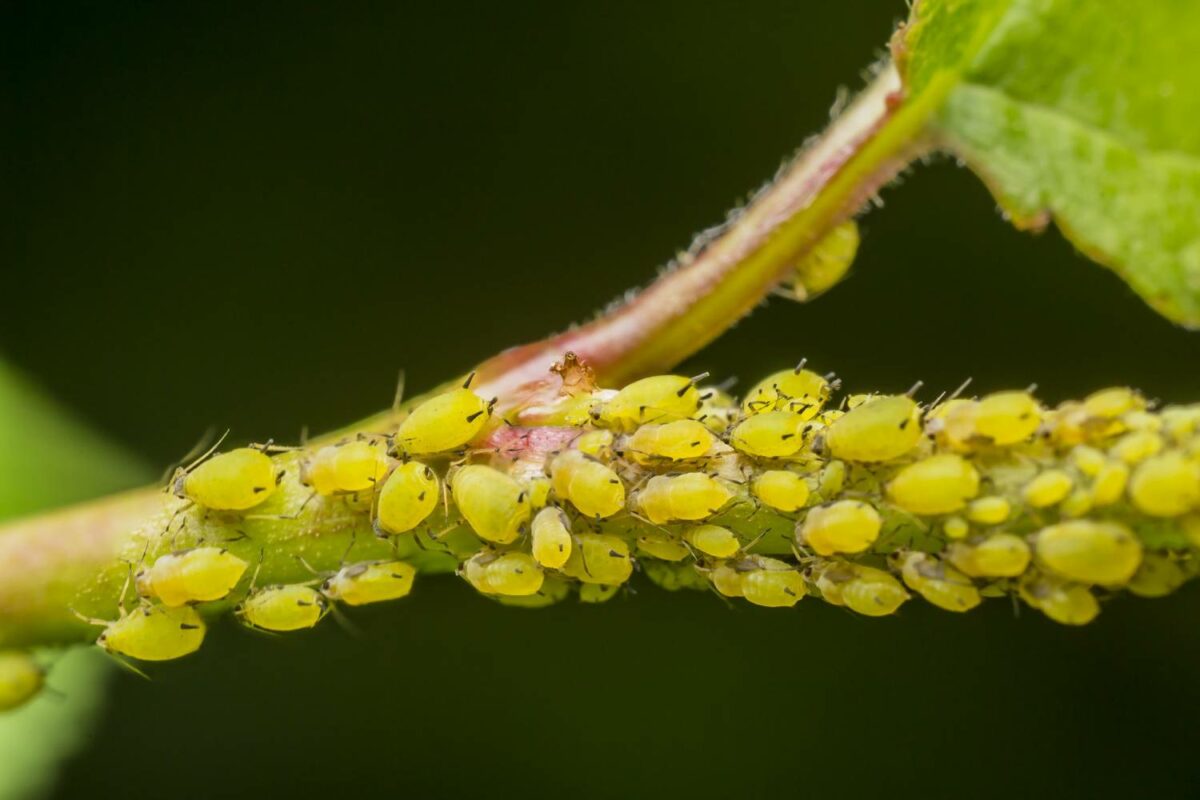Trees and insects need each other. Trees can provide safety and food for many species of bugs, and studies show that 80% of tree pollination is accomplished by bees, wasps, and other flying insects. In most backyards, trees and insects get along just fine.
But that’s not always the case. There are a number of insect species that can damage or kill trees and shrubs, and you can save yourself and your flora lots of grief if you learn the signs that signal insects you don’t want may be inhabiting your outdoor spaces.
In Georgia, there are a number of common insect pests that you should be on the lookout for. These include:
Pine beetles. Pines are synonymous with Georgia, and many yards feature beautiful conifers. But pine beetles can be a real threat. Although they normally attack diseased or damaged trees, infestations can cause the beetles to come after healthy trees, too. In fact, pine beetles have done millions of dollars in damage to tree farms where pines are grown for lumber. There is no known treatment for pine beetles, which bore under the bark, but if an infestation is spotted early, pruning and trimming can help restore a tree to health.
Japanese beetles. This invasive species can attack tree and shrub leaves by the millions, defoliating or leaving huge holes in leaves and destroying flowers and sometimes fruit. This can produce long-term damage by denying the plant nutrients. There are treatments for Japanese beetles, and a consulting arborist can help you create a treatment procedure that rids your outdoor space of the pests and protects other beneficial plants and insects.
Aphids. These tiny creatures may not cause problems in small quantities, but swarms deprive trees of fluids and can damage leaves, flowers, and stems. Should they become a problem an arborist can provide guidance on treatment.
Ambrosia beetles. The female of this species bores into dying trees, accelerating damage and bringing along fungus that adds to the deterioration of the tree.
These are a few of the most common insect pests that can cause problems in Georgia, but there are plenty more. If you suspect that you may have an insect infestation that is damaging trees and shrubs, a first step is to call a consulting arborist. This will help you get an accurate diagnosis of your problem (insects may be a symptom of a bigger underlying issues, especially if they are opportunists that are capitalizing on existing tree damage). The arborist will also understand the balance of your outdoor area ecosystems, and be able to recommend tree, shrub and plant care treatments that address the insect problems, but don’t drive off beneficial insects or other living things that are vital to the health of your yard.
Questions? Don’t hesitate to ask. We’re always glad to help property owners keep their trees and shrubs vibrant and healthy.
-min.webp)





